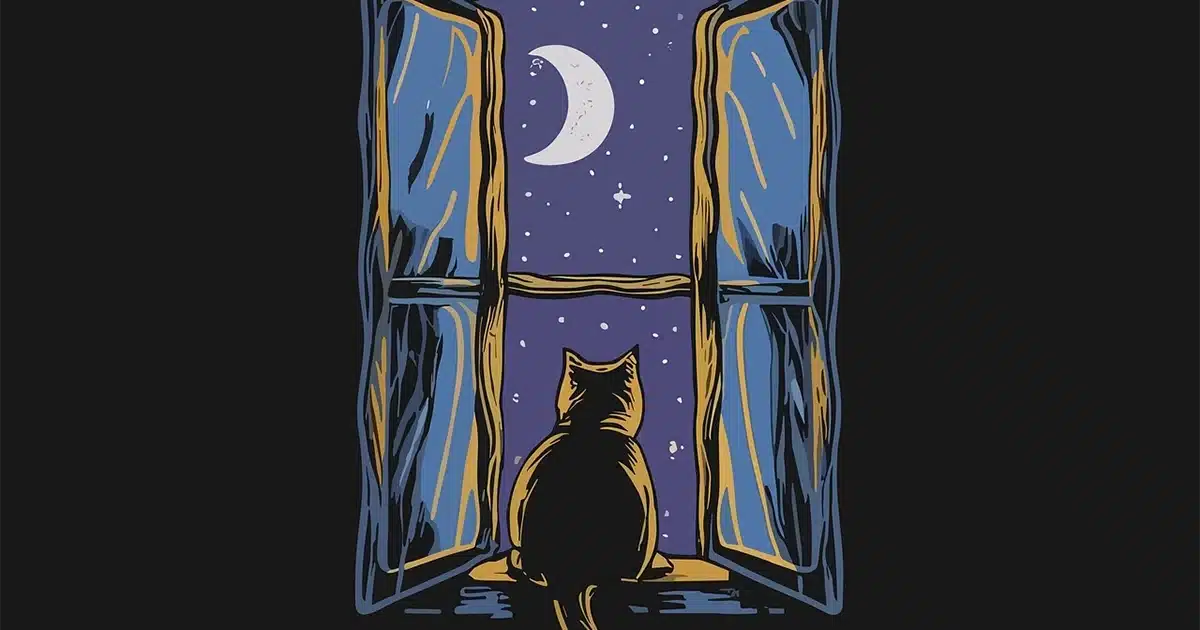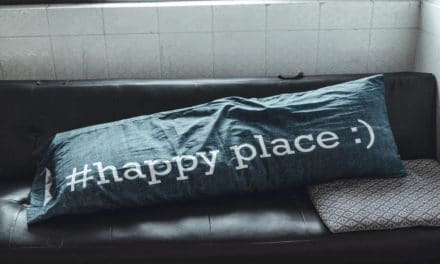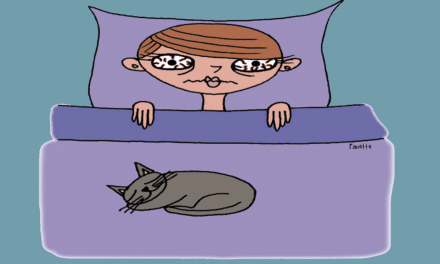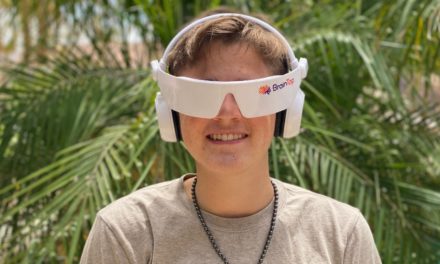Sleep is important for your body’s health. Most days of the week, I wake up in the middle of the night. This is sometimes due to needing to use the restroom, being too hot, or simply waking up in the middle of the night with no known cause. Today, I want to discuss some strategies and tips I have for going back to sleep that may be helpful for you.
Strategies for Falling Back to Sleep
I first want to cover the tips from a sleep doctor named Dr. Michael Breus in his article “How to Go Back to Sleep.” Before diving into the tips, the article explains that brief awakenings at night are a normal part of healthy sleep. Our body cycles through multiple sleep stages, including several short periods of waking up, but you may not remember all of them. If you are chronically remaining awake during the night, feel excessively tired daily, have anxiety about your sleep, experience frequent nightmares, or believe you have any sleep disorder, it might be a good idea to seek the assistance of a sleep specialist or a doctor.
As an example of myself, it sometimes would take me hours to fall asleep, and I would not feel rested. If I woke up in the middle of the night, I would not be able to fall asleep. However, by developing a pre-sleep routine and improving other aspects of my health, I know I fall asleep relatively quickly, and most of the time, I fall asleep easily after waking up. Thus, I highly recommend that you tailor your behavior and actions to support your sleep habits, as it is vital for all areas of your life.
Dr. Michael Breus recommends scanning your sleep environment to see if anything is preventing you from going to sleep. I recommend preparing your sleep environment before falling asleep by keeping it as dark, cool, and quiet as possible. Regarding lights, I make sure to turn everything off and put tape over any stray lights. I have curtains and shutters, and this material blocks the light that can come in from the cracks of my door. For sound, I used to listen to meditation music or white noise, but I found it did not block out all noises for the duration of my sleep, such as my parents making breakfast in the morning or noises from a party next door. I now use Bose Sleep Headphones, which cancel out the noise and let me play relaxing music. I often use a fan to keep my room cool and adjust the amount of blankets or bed sheets on my bed. While it would be ideal to have air conditioning at an exact temperature throughout the night, I do not want to use the electricity, so the fan and layer adjustments work best for me. I have heard people recommend EightSleep as this enables you to adjust the temperature and elevation adjustments that might be helpful for you.
The next tip is relaxation techniques like diaphragmatic breathing, journaling, progressive muscle relaxation, and any meditation, which are helpful. I am particularly fond of Dr Andrew Huberman’s cyclical or physiological sigh. It involves inhaling as much as possible, doing another quick inhale, and then exhaling your breath. The video above is relatively quick, but hopefully, it gives you an idea of the technique. Another thing that helps me fall back asleep is a non-sleep deep rest protocol (NDSR) from Dr Andrew Huberman. It is similar to progressive muscle relaxation as it includes visualizations and mental movement through the different areas of your body. Another strategy I will use, which I usually use when my sleep schedule changes, is to read a chapter of a fiction book before falling asleep again. I will use a red rock lamp to limit the influence of light on my system. In a strategy attached to the video, Dr Michael Breus suggests doing 4-7-8 breathing, which involves inhaling for four seconds, holding your breath for seven seconds, and exhaling for eight seconds to help you relax.
Another tip Dr. Michael Breus recommends is to avoid looking at the clock or your phone. Now, it is a rule for me never to look at my phone or the clock because I used to do this, and it was never helpful for sleep. It would make me stressed about falling asleep, and I would think about the negative impacts of not falling asleep. About this, do not overthink falling back asleep. It is better to remain relaxed and avoid stressing about sleep too much. Even if you are lying awake in bed, your body is somewhat rejuvenating. Interestingly, when I am not thinking about sleep, it makes it easier to fall asleep. I love to visualize something that makes me happy to take my mind off sleeping. Additionally, by investing in my pre-sleep routine and experimenting with strategies to fall asleep, I am confident I am doing my best to have rejuvenating sleep, which helps me avoid stressing about sleep.
Next, avoid getting up from bed as much as possible. If you are busting to use the bathroom, I would pee if it is in the middle of the night. If I see a glint of light coming into my room in the morning, I will normally wait until my alarm goes off at 7 AM before getting up. However, if you need to pee in the middle of the night, I recommend having a small flashlight next to your bed to avoid using any intense light, as this can disrupt your ability to fall asleep. I recommend using the minimal amount of light and movement needed to use the restroom safely. My rule is to avoid leaving your bed unless it is an emergency or needing to use the restroom, as this can make sleeping hard. I used to get up from sleeping if I couldn’t fall asleep in 30 minutes to an hour because I felt hot or frustrated from being unable to sleep. Addressing your thoughts about sleep and relaxation techniques can address the stress. For the temperature, I sometimes change pillows, turn on my fan with a remote, remove blankets, remove clothing, or shift my position on the bed.
The final strategy that helps me is experimenting and keeping track of what enables me to fall and remain asleep. It can apply to what supports your sleep and what you do when you wake up at night. Additionally, it can be both long-term trends and daily to weekly variations. Here are some examples of what I’ve done.
- If I wake up and feel stressed, I will spend more time meditating or relaxing before I even try falling asleep.
- Eating too close to bedtime makes it harder for me to sleep, so I ensure I eat 2-3 hours before sleeping.
- Exercising too close to bedtime makes it hard for me to sleep, so I do not exercise after 7 PM.
- I would wake up when I heard a noise, so I found my favorite solution: sleep headphones.
- If I am hot the night before and wake up, I reduce my layers or use a different level of the fan to see if it helps.





